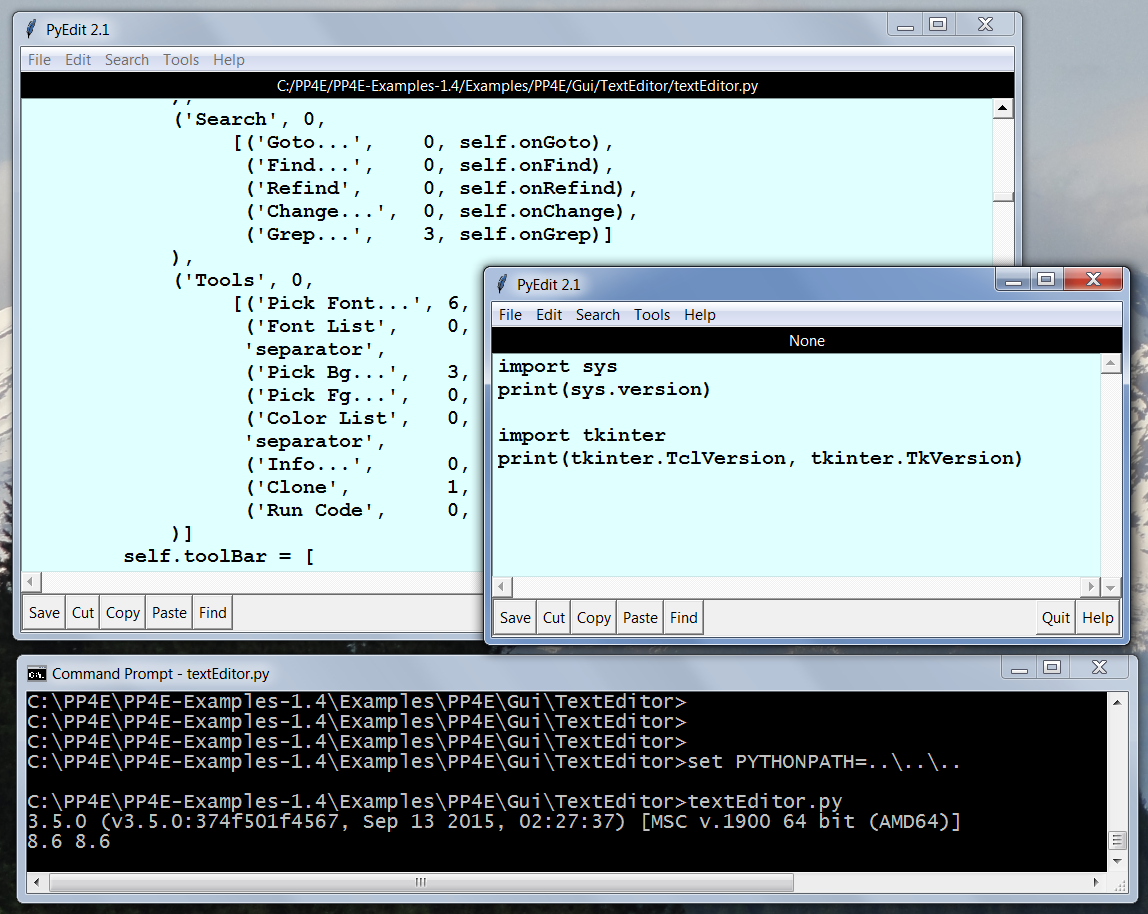

Ranges like a-e are OK.Īny one of the lowercase letters (for C locale and ASCII character coding, a-z).Īny one of the uppercase letters (for C locale and ASCII character coding, A-Z).Īny one of the alphabetic characters (from the union of ] and ]).Īny one of the alphanumeric characters (from the union of ] and ]).Īny one of the punctuation characters (for C locale and ASCII character coding, from ! " # $ % & ' ( ) * +,. Grep - Regular Expressions Regular ExpressionĪny character, c, except for special characters, matches itself.įor any special character, c, the meaning is turned off and c is matched.Īny one of the characters inside brackets. Let's look at some of the regular expressions, listed in the decreasing order of precedence below. It should print all lines containing the search string. This works in the vi editor as well, just try the command, :g/ regular-expression/p in vi on a Linux system, substituting regular-expression with a search string. re is a regular expression between two slashes and p is the command to print all lines that match the regular expression. In one of the earliest text editor made available on UNIX systems, ed, the g command is the global command, for all lines in the file. If we we look closely at the grep command name, we see g re p. So, if the input has a string from the set associated with a regular expression, we get a match. A regular expression matches a set of strings. A regular expression is a pattern with certain metacharacters having special meanings. The pattern, mentioned above, is a regular expression.
#GREP USAGE EXAMPLE MANUAL#
#GREP USAGE EXAMPLE WINDOWS#
Release announcements of GNU grep are at a savannah group.Ī changelog of GNU grep is available from .Ī version of GNU grep for MS Windows is available from GnuWin32 project, as well as from Cygwin. Old versions of GNU grep can be obtained from GNU ftp server. Versions An example of GNU Grep in operation. Not really a grep example but a Perl oneliner that you can use if Perl is available and grep is not.perl -ne "print if /\x22hello\x22/" file.txt.Regular expression features available in grep include *. Grep covers POSIX basic regular expressions (see also Regular Expressions/Posix Basic Regular Expressions). Grep uses a particular version of regular expressions different from sed and Perl. Unix grep(1) manual page at, DESCRIPTION section.2.1 Command-line Options at grep manual, gnu.org.-regexp=pattern, in addition to -e pattern.-o: Output the matched parts of a matching line.Ĭommand-line options aka switches of GNU grep, beyond the bare-bones grep:.

-s: Suppress error messages about nonexistent or unreadable files.-h: Output matching lines without preceding them by file names.-b: A historical curiosity: precede each matching line with a block number.-n: Precede each matching line with a line number.-c: Output count of matching lines only.* which can stand for anything in a file's name and \(txt\|jpg\) which yields either txt or jpg as file endings.Ĭommand-line options aka switches of grep:


 0 kommentar(er)
0 kommentar(er)
